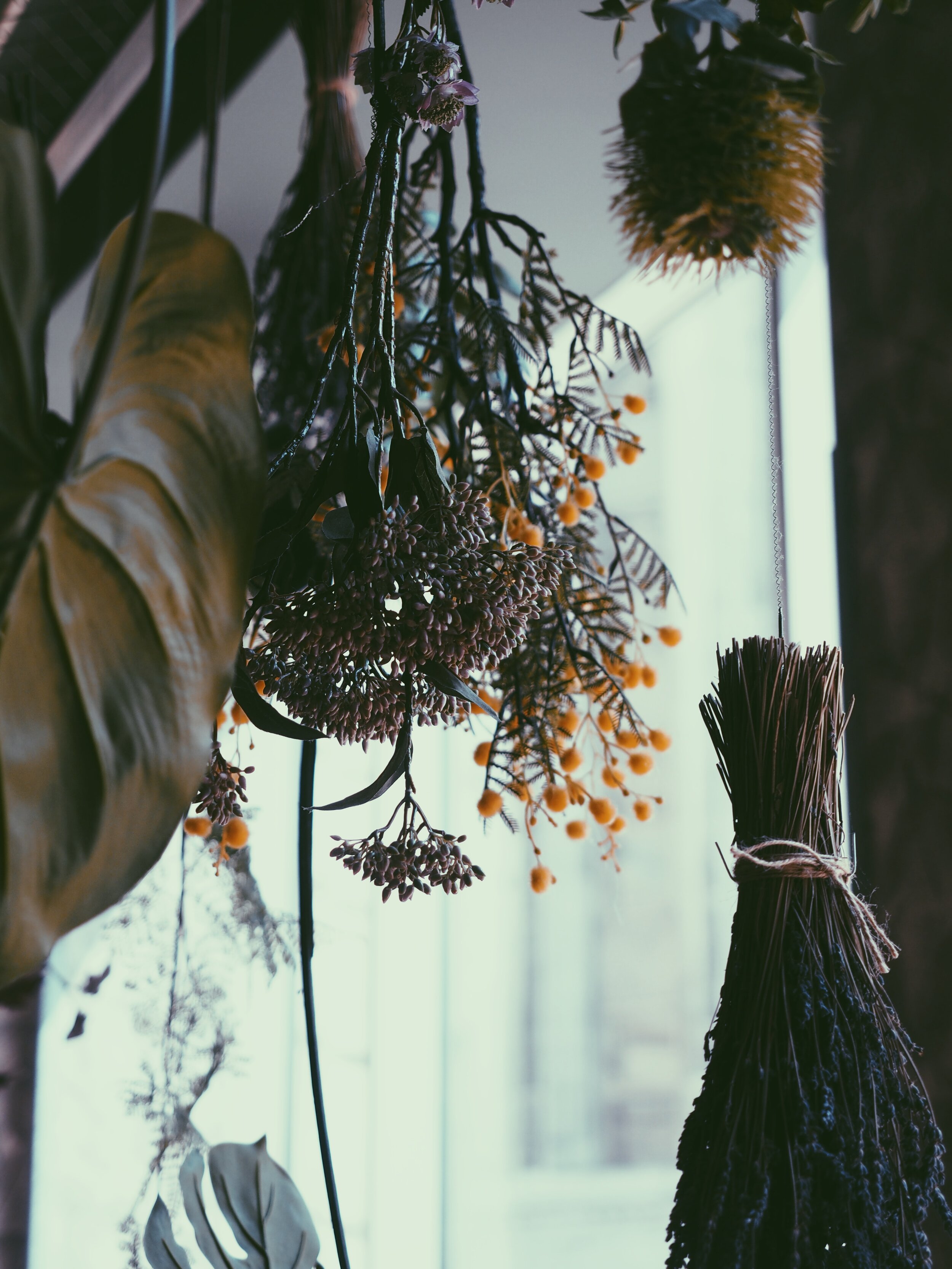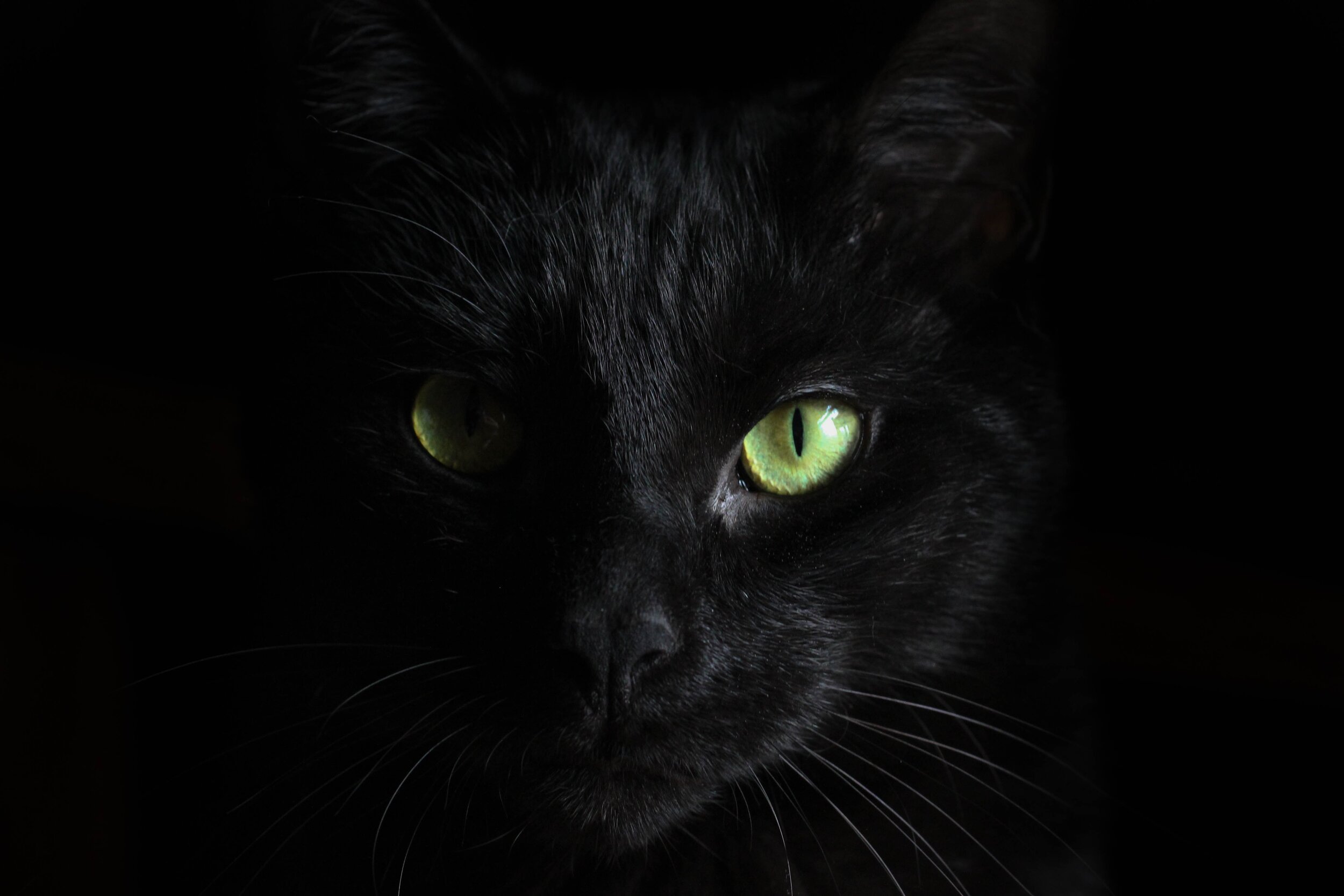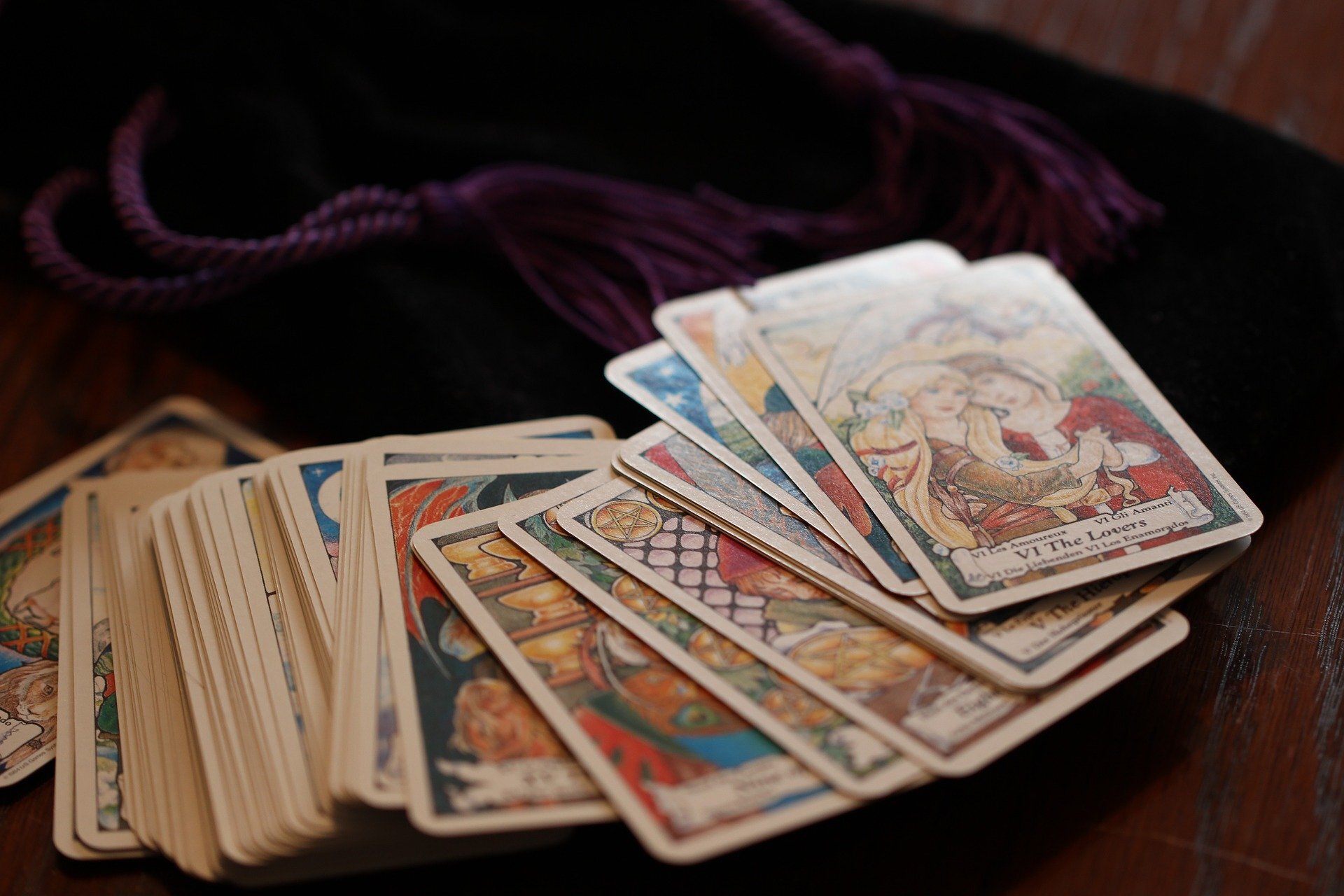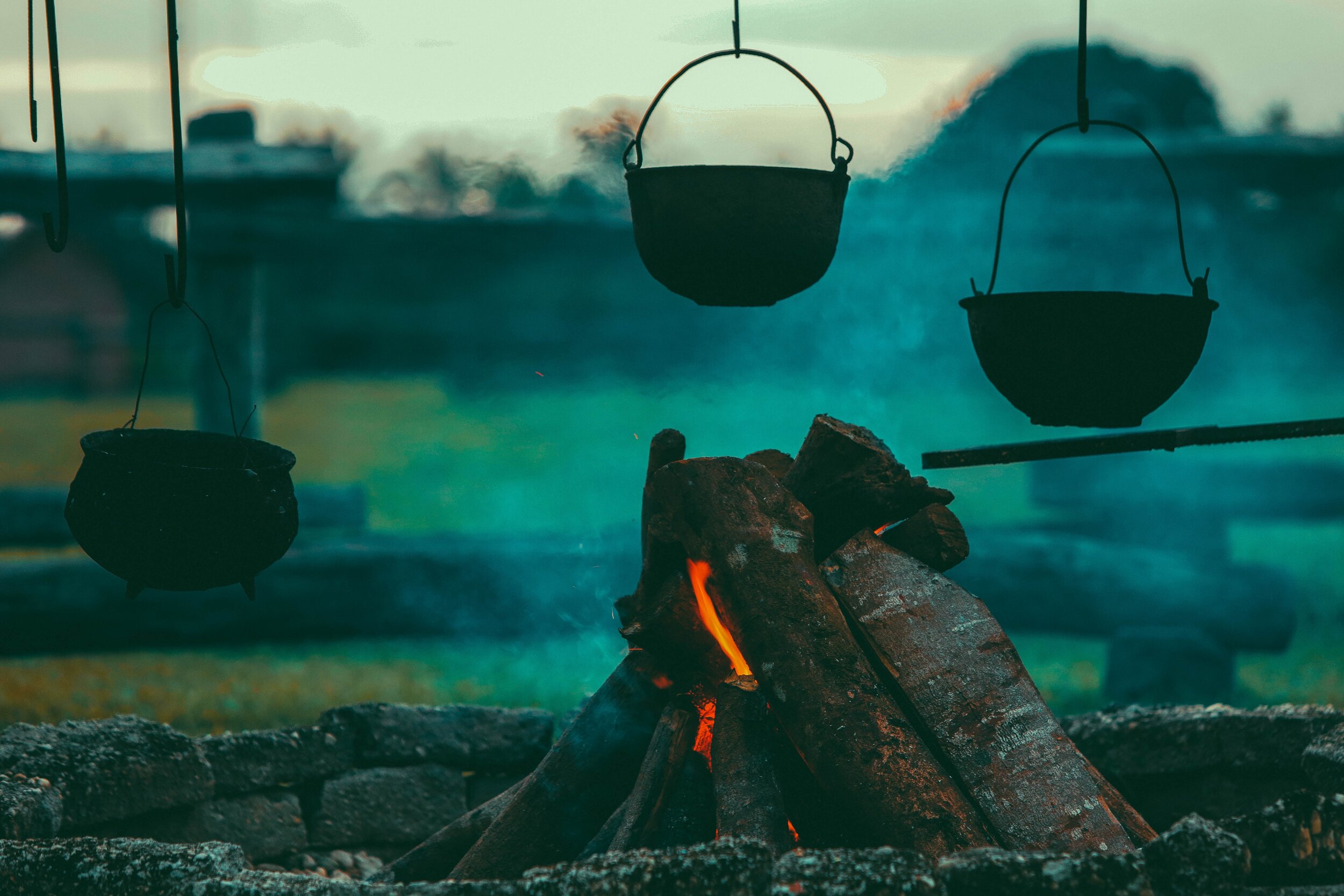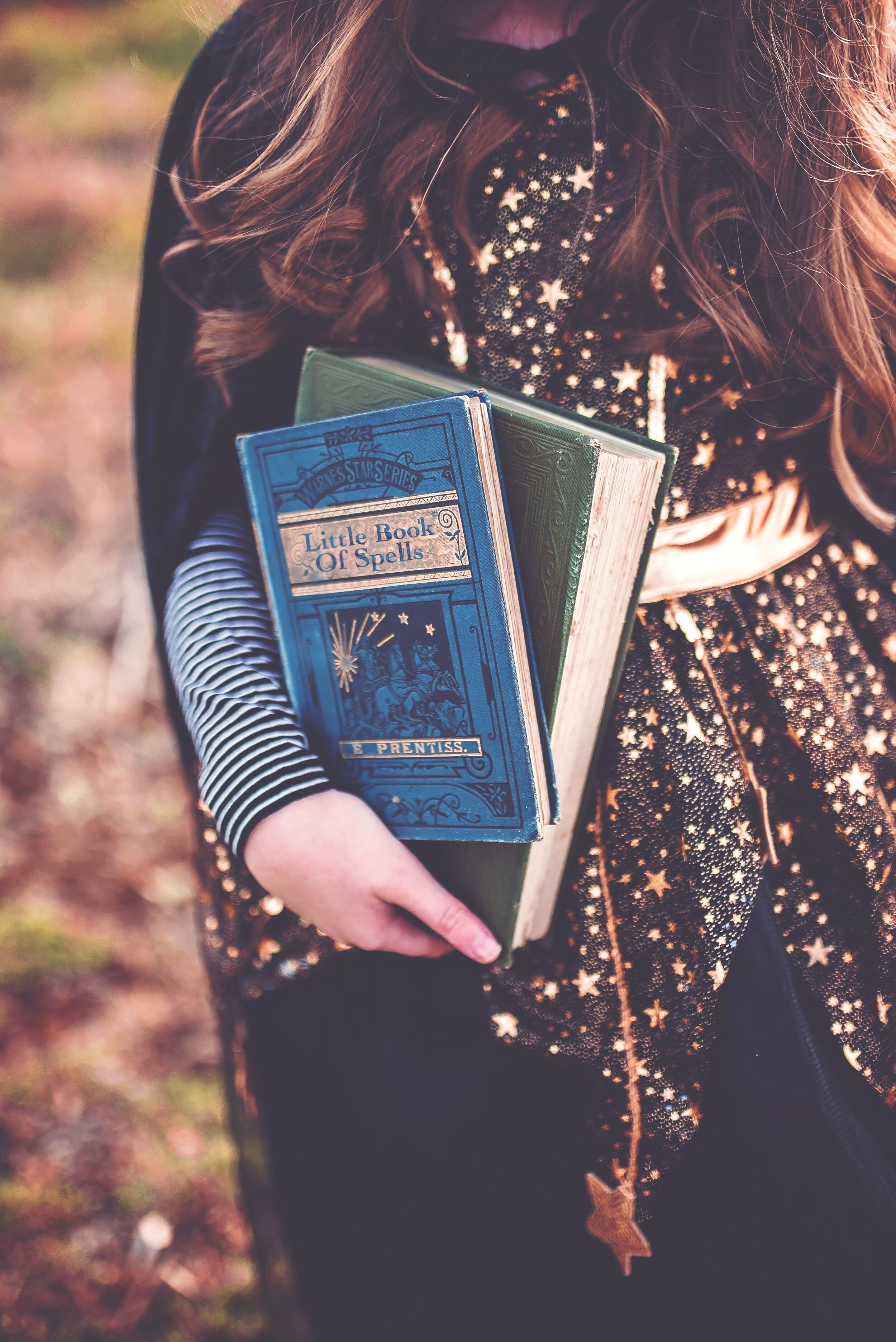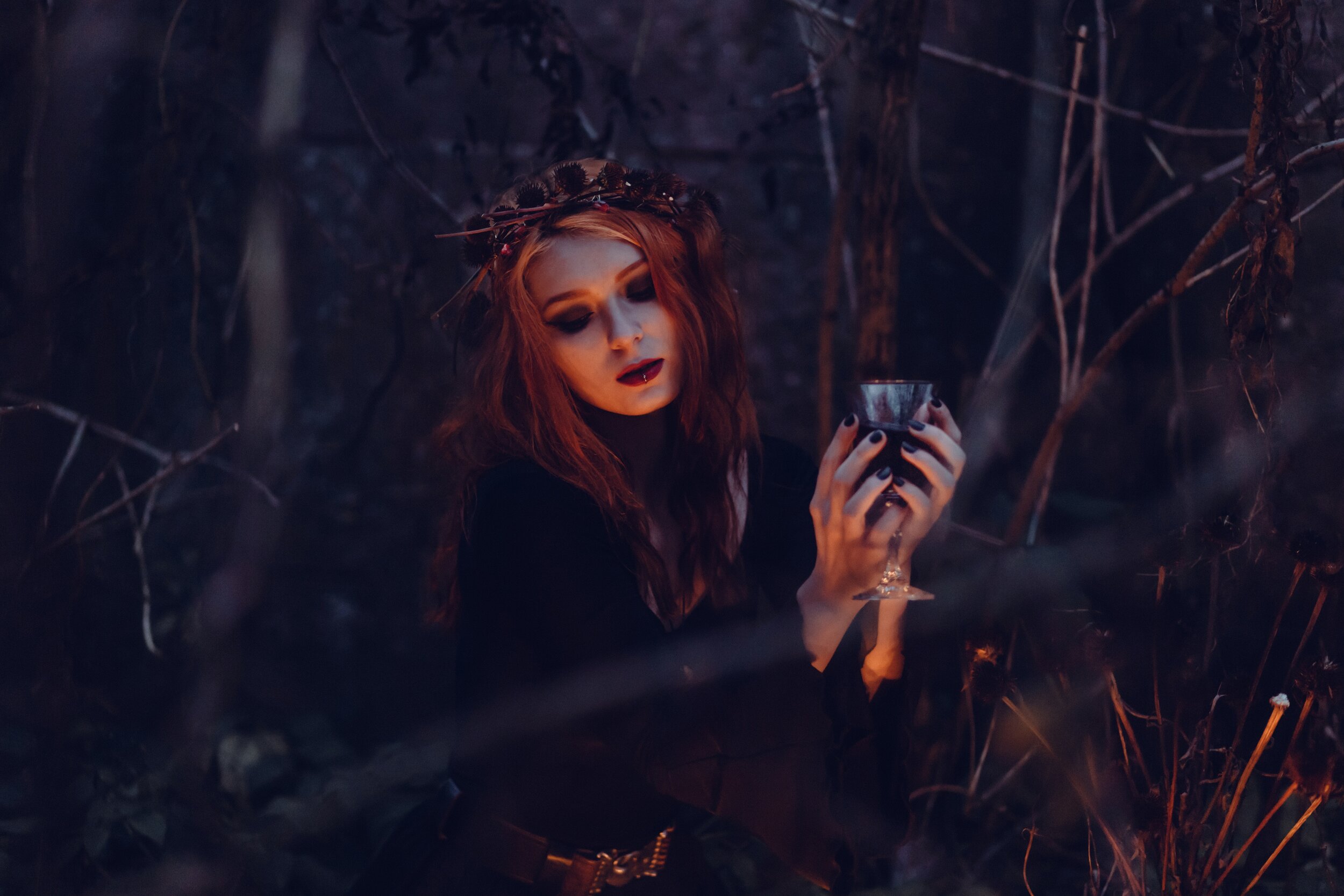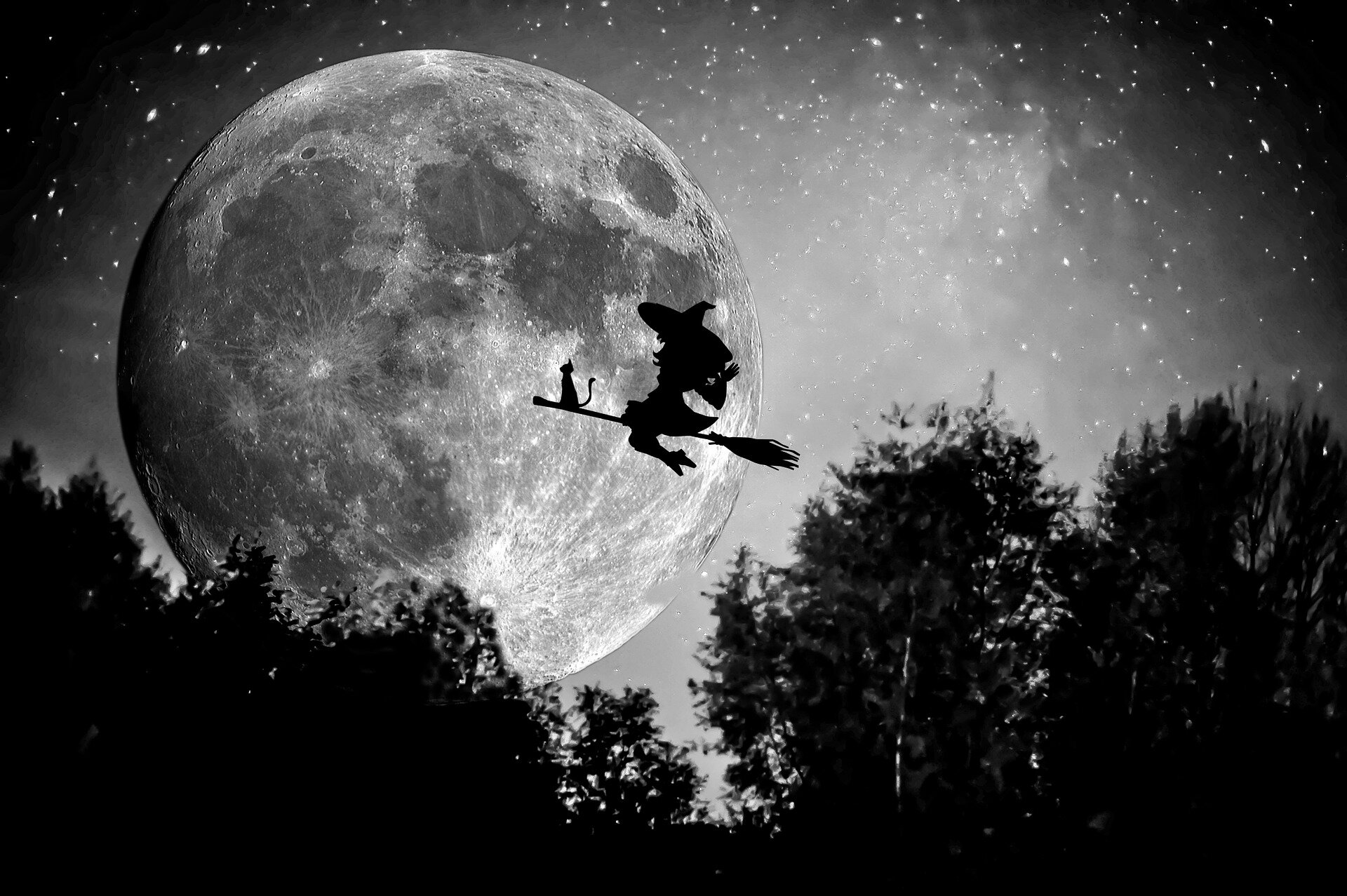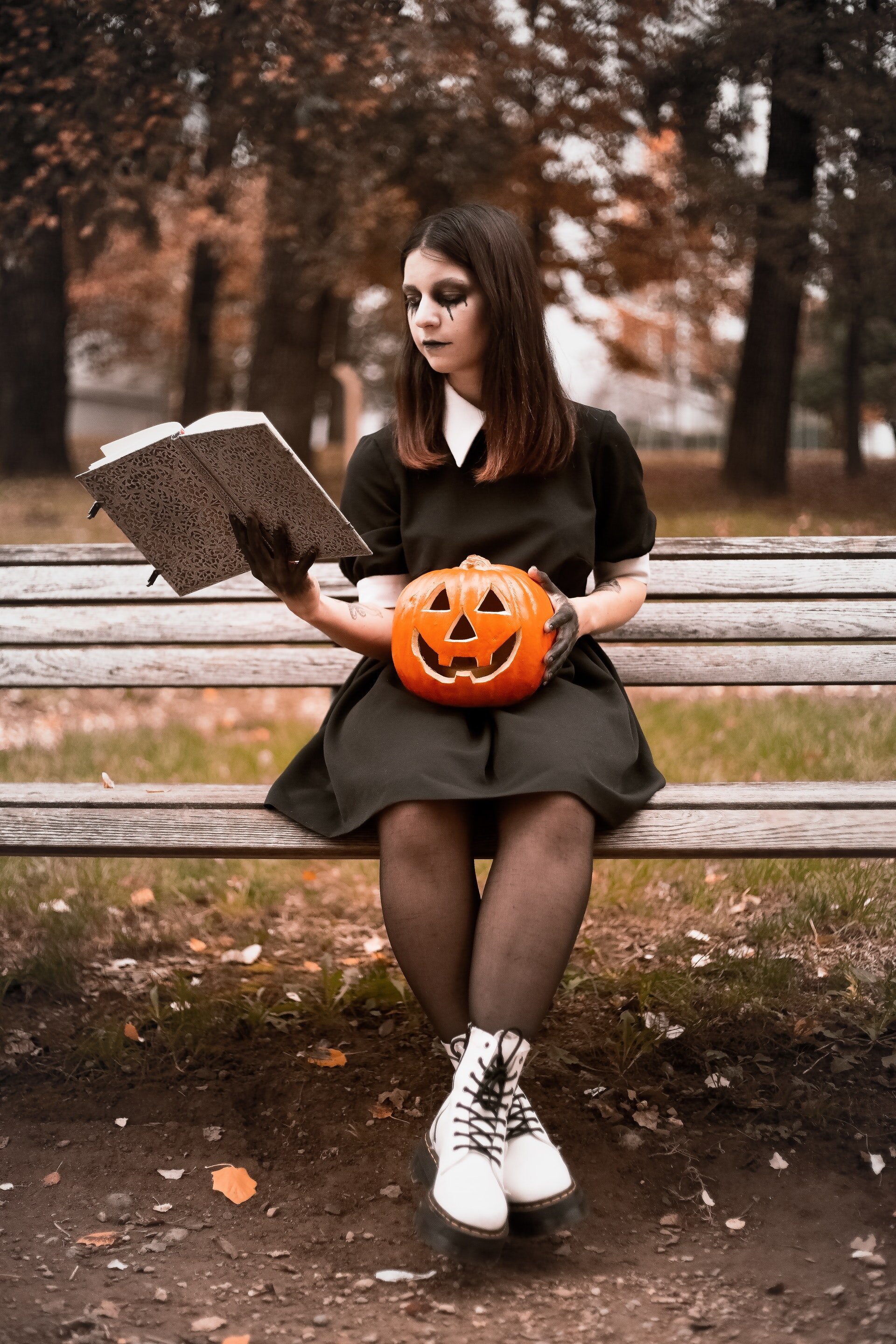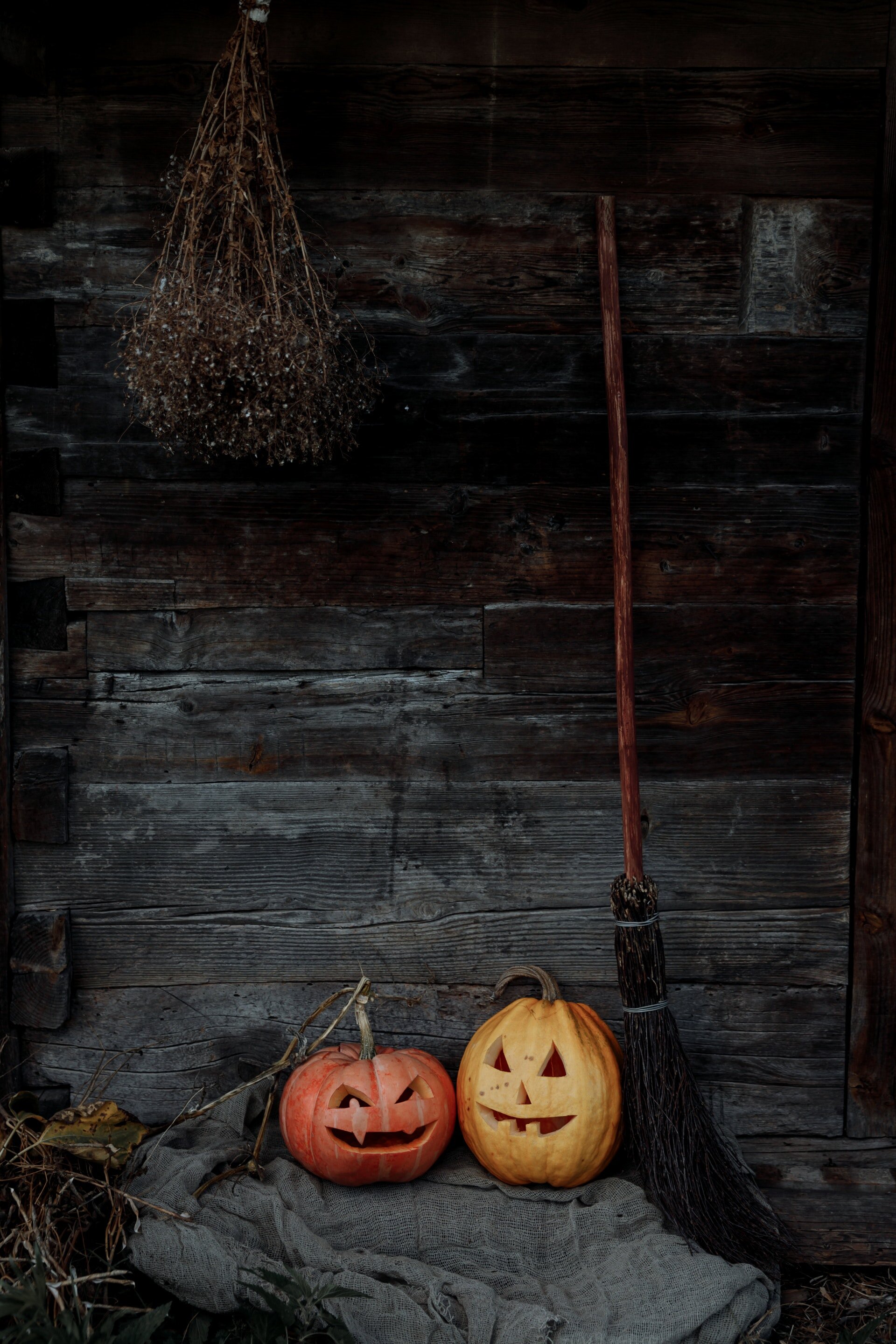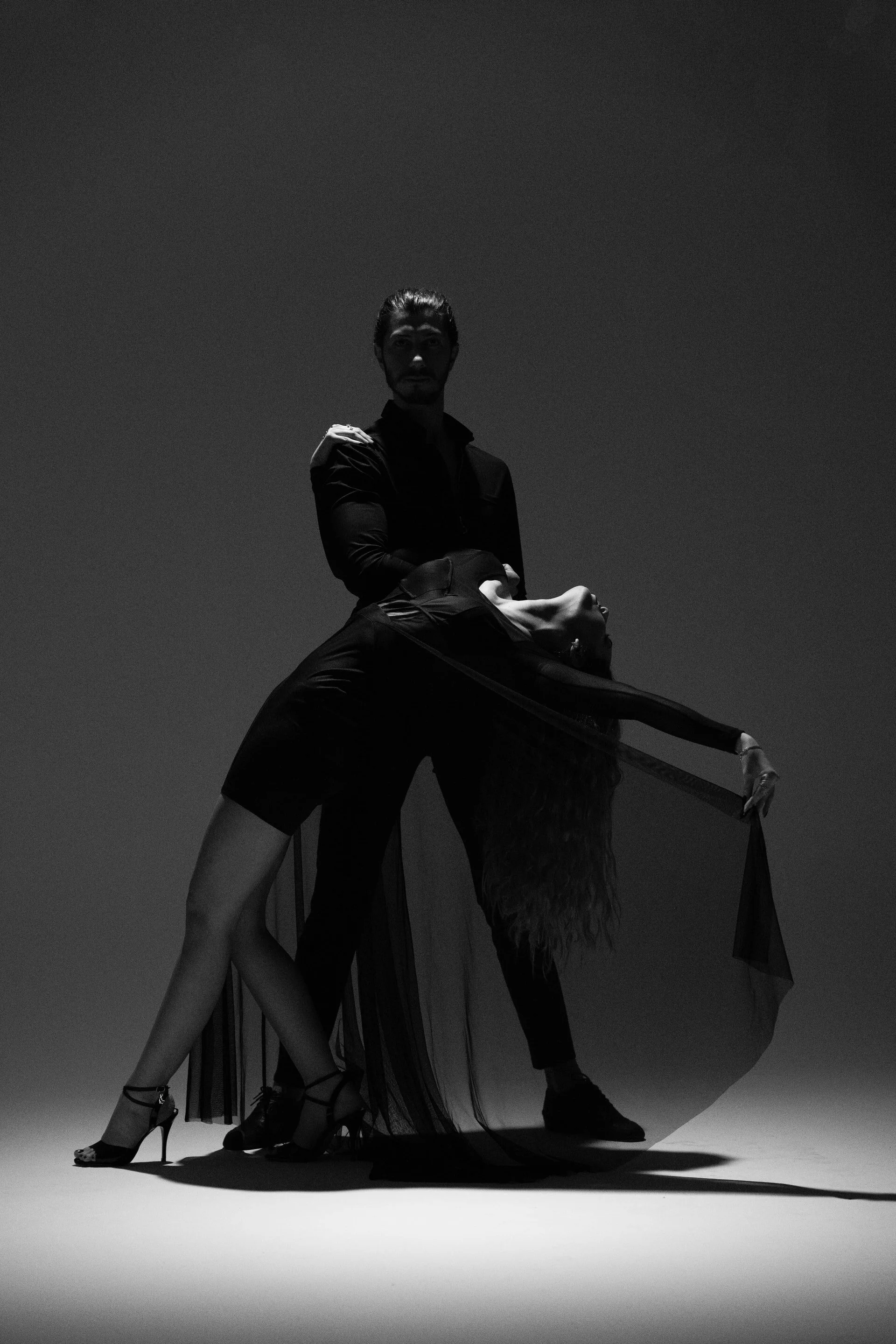History Of The Witch: Her Story
October is the month of Halloween…..
Halloween can be traced back to the celtic festival of SAMHAIN, which marked the end of harvest and to prepare for the hard winter ahead. There are many traditions around this time of year, some that go back hundreds of years. A part of Halloween season is dressing up, and witches seem to go hand in hand with halloween - but why? I wanted to look at where the term “witch” came from and what is the history of this feared being.
One of the first places we see witches come into recorded history is the Bible (931 B.C. and 721 B.C.) The story is of King Saul who looked for the Witch of Endor to summon the dead prophet Samuel’s spirit and to help him conquer the Philistine army. The witch did show up, and did indeed rouse Samuel’s spirit, but she foretold the death of Saul and his sons. And the next day, Saul’s sons died in battle, and Saul committed suicide.
In other Old Testament verses, it cautions and warns against witches “thou shalt not suffer a witch to live.”
These stories may have likely made worshippers question and fear witches, seeing that witchcraft was evil and associated with the Devil.
In the 400s, Saint Augustine of Hippo, who was influential in the church, argued that only God had the divine power and witches or Satan did not have the power to match. The church had decided that they need not fear witches or bother investigating witchcraft further.
Then came along Thomas Aquinas in the 1200’s , who believed magic existed. He spoke of Satan and his demons could tempt people into harmful magic, using sex. Upon reading some of this history, it’s frankly disturbing how fascinated the church was with sex and seeing it as dirty - better blame the women then! This act was linked to witches.
Later, we see that the people in power who prosecuted witches, had often quoted Aquinas more than any other source.
Malleus Maleficarum
This delightful rulebook (please note my sarcasm here!) was written by Catholic clergyman Heinrich Kramer and first published in 1486. Malleus Maleficarum - translation - “Hammer of Witches” agrees with Aquinas’s beliefs and its purpose was to gather up Satan’s tempted humans, who were used sexually and now they are all demon-y and yucky and must be destroyed….or something to that effect!
This book argued that the weaker gender a.k.a women - were more likely to succumb to the temptations of the flesh and demons far easier than men.
After the publication of this rulebook, about three quarters of the people prosecuted as witches were women.
Now came the witch hunt - everyone was scared/intrigued about witches, that during the 1400s the pursuit of witches was in full force. Across Europe this spread, using the book as a reference - women were accused, under torture and then executed. We see from accounts that in particular the women who were targeted were either opinionated, single women, widows, healers, and midwives too!
Between the years 1500 and 1660, up to 80,000 suspected witches were put to death in Europe. Around 80 percent of them were women thought to be in cahoots with the Devil and filled with lust. In Scotland, from 1500s to the 1700s, the number of accused witches reached four to five times the European average. Shocking! I used to live in a coastal town on the east coast called Pittenweem, which aside from its beauty is known as a place that trialed witches. Also if anyone has been to Edinburgh, we see their blood thirsty history does have witch trials also. I think in Scotland we are a god-fearing people, or at least we were a god-fearing people! So even though the idea of witches started off from the Catholic Church, during this time of the high witch trials - Scotland was moving to Protestantism. As people were urged to convert to the faith, witch hunts were encouraged by King James who ruled at the time, stating that he himself was a subject of witchcraft when he came back from his wedding voyage.
Sadly i didn’t know the door i was opening when I started writing this. But belief in witchcraft still continues to this day and in some areas in Africa, India, and Nepal. But in Saudi Arabia the state can punish a women as a witch by death.
Even to this day, women can be accused of witchcraft - It sickens me that there is still a power over women, and in many countries women still live in fear.
On a lighter note, if there really is one - People practising as Pagans has increased, with a focus on empowerment of women. It can be attributed to popular culture, where witches are seen as “cool” and part of a magical world that is a lot more exciting to escape to than be present in the one we see ourselves in today!
So is being a Pagan just another way of being a feminist? If so, I support it!
There was also another feminist movement in America that started in the 1960s on Halloween, - W.I.T.C.H which stood for ‘Women’s International Terrorist Conspiracy from Hell’. This group fought for Women’s rights, and against war, racism and more. This group were active in the 60s and 70s but since 2016 they have been resurrected, and more recently were protesting at President Donald Trump rallies.
For the horrible history we hear about witches, I hope we can learn from it. And I believe most of us see that really it was an agenda to persecute certain minorities, let’s make sure this does not happen again. Long live the witch!
L x

